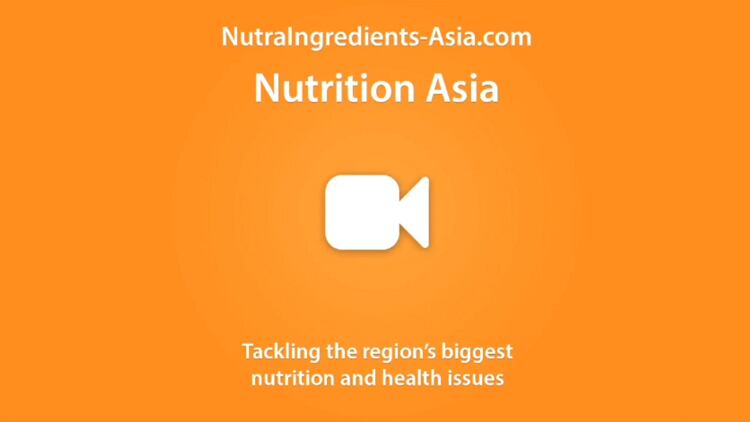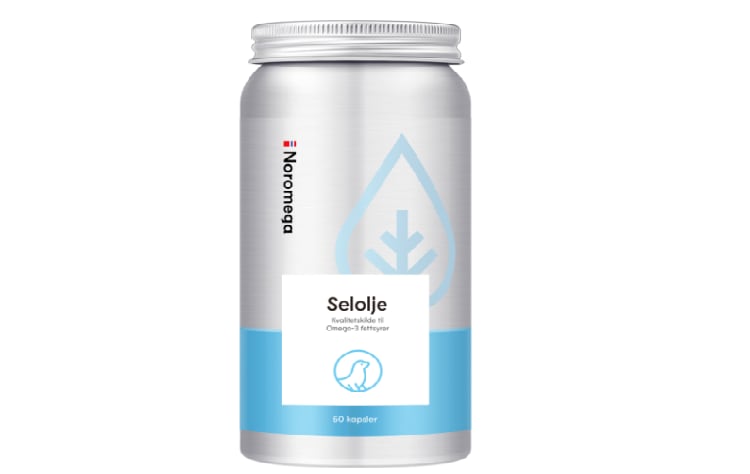First published last year in the New Zealand Medical Journal, the paper was criticised by trade body, Natural Health Products New Zealand (NHPNZ)
The paper initially reported that six of the country’s top 10 best-selling fish oil supplements contained between 48% to 89% of the omega-3 fatty acids (EPA, DHA) that was stated on the product label.
However, NHPNZ claimed that researchers failed to consider that test results were expressed in one gram units and should have extrapolated for larger capsule sizes.
It called for the paper to be removed from the journal and insisted on a public apology from the researchers for the reputational damage caused.
After last year’s incident, the researchers have amended the calculation error, and republished the paper in the New Zealand Medical Journal on 25 September 2020, stating that nine in ten fish oil supplements tested were now true to label.
When asked what has changed, one of the authors of the study, Julia Rucklidge, Professor at the University of Canterbury (School of Psychology, Speech and Hearing) told NutraIngredients-Asia: “The main change was correcting the calculation error on the EPA/DHA measured amounts. This resulted in 90% of them now being true to label.
“We tightened the consideration of health benefits but that did not change drastically although we used label amounts rather than the measured amounts of EPA/DHA and we looked at both minimum and maximum amounts based on label recommendations.”
Chair of the Natural Health Products NZ, Lorraine Moser commented: “Natural Health Products NZ is encouraged to see that the authors have re-tabled their analysis after acknowledging significant errors in the analysis of the data in the original paper.
“We are also encouraged to see that they have concurred with our analysis of products meeting their label claims. It is great to see that fish oils are safe, effective and accurate with labelling in New Zealand.”
Study findings
The study aimed to investigate whether EPA and DHA contents of the top 10 dietary fish oil supplements sold over-the-counter in New Zealand were accurate as determined through the analysis of fatty acid composition), and whether the recommended daily doses for health benefits were consistent with the doses determined to be effective based on meta-analyses and systematic reviews.
Omega-3 fatty acids levels may be lower than those stipulated on the labels because unsaturated fatty acids are vulnerable to oxidation. There is concern of whether the levels of omega-3 fatty acids present in commercial fish oil supplements are sufficient to confer health benefits, as researched in clinical trials.
Researchers sought assistance from Foodstuffs New Zealand Ltd, Progressive Enterprises Ltd, Green Cross Health Ltd, and Health 2000 Retail Ltd to determine the top 10 best sellers based on sales information from these companies.
The selected fish oil supplements were then purchased over-the-counter from pharmacies and supermarkets.
Omega-3 fatty acid analysis found that 90% (n=9) of the products were true to label in EPA and DHA content.
In terms of recommended daily dose to confer a health benefit, researchers found that all the 10 products taken at the recommended daily dose contained more than 500mg of EPA and could support ADHD symptoms.
Five products taken at the highest dose (>1000mg EPA) could support mood. Eight products had doses comparable to the recommended dose for heart health (>1000mg EPA + DHA), while three products for joint health (>2.7g EPA + DHA).
Researchers wrote: “In order for the consumer to increase the opportunity for a health benefit to occur, it would be best to consume at least the highest number of capsules recommended, albeit in some cases, this would mean taking up to six fish oil capsules per day.”
This research highlights the challenges of labelling for supplement manufacturers in terms of health benefits and exposes that the law as it stands, encourages vague statements that are very difficult to substantiate and tie to any specific clinical literature.
Researchers added: “The field is moving so quickly such that health benefits observed in early trials are not always replicated in later trials, making it a challenge to keep up with the research underpinning the statements and leaving it open for dispute as to what constitutes a reasonable health benefit.
“Better regulation of “health claims” for dietary supplements and the research necessary to support these statements is clearly overdue.”
A starting point could be for manufacturers to list on labels and websites the source of the evidence to support any stated health benefit.
This study suggests that the majority of the 10 most popular fish oil supplements sold in New Zealand are true to label based on dose but mixed in terms of potential health benefits they might confer.




